A will is a legal document that lets you decide what happens to your assets (called your estate) when you pass away. According to a recent survey by Caring.com, nearly two thirds of Americans do not have a will or estate plan, and 40% cited procrastination as a reason they do not have a plan.
So, here are six important reasons you should have a will:
You decide who gets your assets and who does not. The most common and simple reason to make a will is to decide who will (or who will not) get your property when you die. Without a will (or other plan, like a trust), your state laws determine how your property will be distributed—usually to your closest relatives, like your spouse, children, or parents. If you want someone other than a spouse, child, or parent to inherit from you (perhaps a grandchild or close friend), then you need a will to make those wishes known.
You decide who gets your personal property. Again, most people recognize that their estate plan will determine who gets what. But your will can be specific about the personal property you want to give away. Often it is the personal items—the antiques, heirlooms, and pictures—that cause a lot of arguments because they are sentimental. Bonus: You can also specify who gets your pets!
You determine who is responsible for carrying out your instructions. Choosing the right executor is one of the most important elements of creating an estate plan and should not be overlooked. If you choose the wrong executor, you jeopardize efficient execution of your plans. You should also designate a second choice in case the first executor is not willing or able to carry out your wishes.
Your will can name charitable organizations as a beneficiary. According to data collected by Giving USA 2022, only 9% of all charitable gifts made in 2021 were bequests from an estate plan. Without a will, you are not able to preserve a legacy that could benefit your favorite charities for decades to come.
You decide who takes care of your minor children. An estate plan is the only place to nominate a guardian to care for your children. If you think you don't need a will for any other reason, but you have minor children, you should make a will just to name a guardian. If you die without a will, a court will decide who should care for your kids.
Having a will saves time, money and stress for your loved ones. A clear estate plan leaves no ambiguities in regard to your wishes. Without a clear plan, you create opportunities for costly arguments and contests which often fracture a family.
BCCS partners with The Barnabas Foundation, which provides free estate plan services to member partners. To find out more, please call Ron Fles at BCCS at 616.878.3347 or email Ron at fles@bccs.org.

